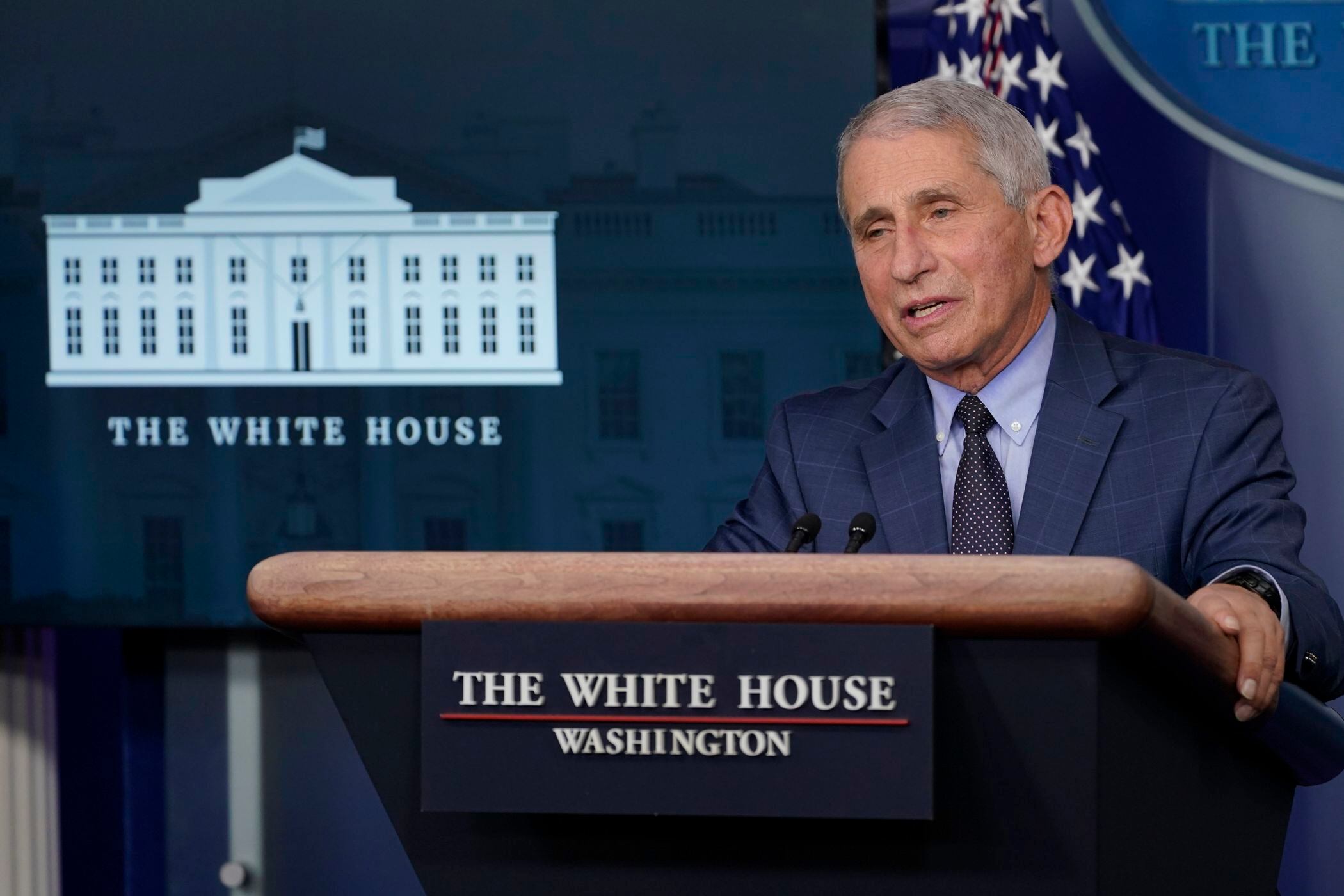The nation's top infectious health expert Dr. Anthony Fauci said on Monday that a full lockdown is unnecessary as long as states continue to follow best practices for flattening the curve.
"You don't need to necessarily lockdown in the classic sense," Fauci, director of the National Institute of Allergy and Infectious Diseases (NIAID), told Cheddar. "You can do a lot short of locking down."
Fauci listed off some basic public health measures that have likely become all-too-familiar for those heeding the experts, including uniform mask-wearing, physical distancing, avoiding crowds, and congregate settings, particularly indoors, and washing hands as often as possible.
"In the enormity of the situation we're in, that seems rather simple, but in fact it does work," he said.
When asked if there were any particular state responses that he endorses, Fauci stressed that he did not want to call out winners or losers and that there was a "great degree of variability."
At the same time, he said it's clear that certain measures are helping stop the spread, and that some states are doing better than others when it comes to following best practices.
"We've seen that when you compare one country to another, and we've seen that when you compare one state to another," he said. "So we know what works. We don't have to keep proving what works and what doesn't work. We just need to do it."
The biggest challenge for the U.S., according to Fauci, is that the coronavirus response remains politically divisive, especially when compared to other nations around the world.
The hope is that this changes under a Biden administration, he said, but that he's "not sure that's going to be an easy thing to accomplish." Many Americans, Fauci pointed out, still believe the virus is a hoax or "fake news" — a level of divisiveness that is unprecedented in his career.
"Even though there were political differences, there was never this degree of divisiveness in our country, where public health measures have been politicized," he explained.
The NIAID director also pushed back against arguments pitting the economy against public health or vice versa.
"You can do both," he said. "You can do prudent public health measures and still continue to open up gradually the economy."
In the short-term, however, he said the U.S. is likely to see a bump in coronavirus cases within the next two weeks following the travel and gathering that took place Thanksgiving weekend.
"If we're going to see — and I fear that we will see — a surge upon a surge based on all the travel and the congregate settings, innocent, wonderful congregate settings that you had with family and friends, that we likely will see spike superimposed on the already existing spike."
This presents a fresh challenge as the country approaches the Christmas season, according to Fauci.
"People need to ask themselves, it is really prudent to do the kind of traveling this season that you normally would have done?"
On a more positive note, he said having so many "highly efficacious" vaccines in the works is unprecedented, and will be the "light at the end of the tunnel for this outbreak."



